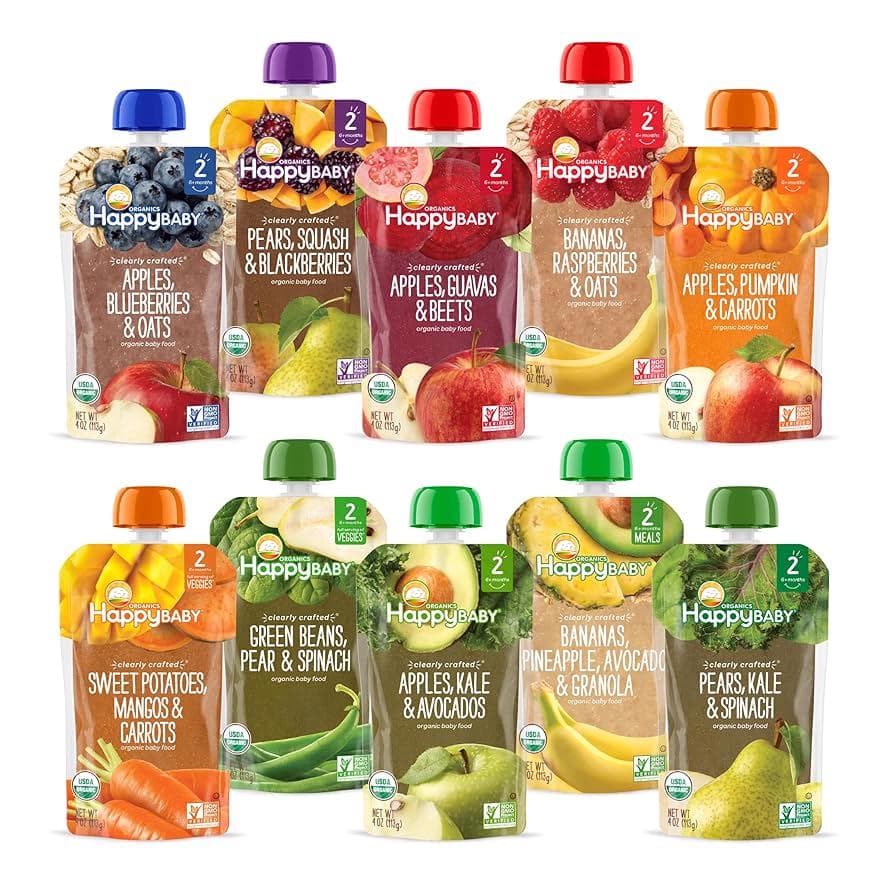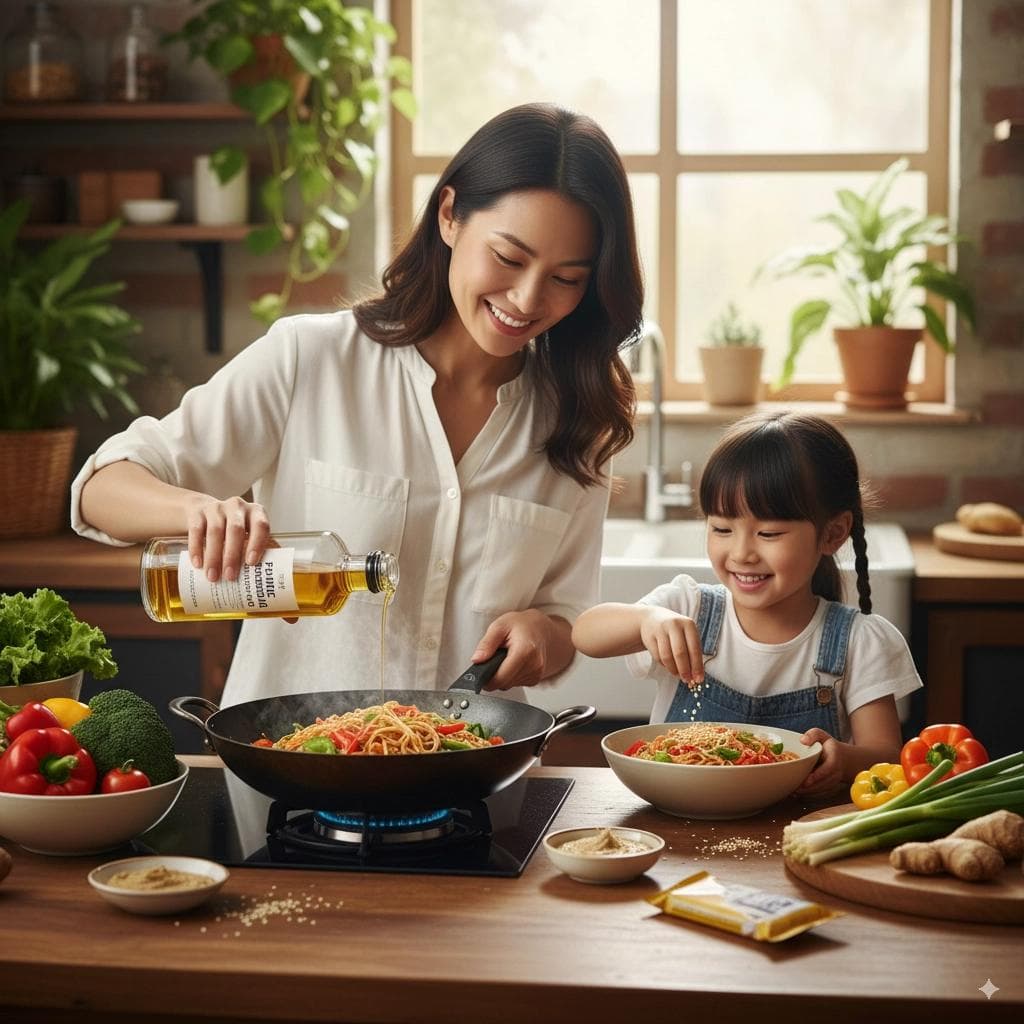



Shopping for groceries used to be simple: check the nutrition label, glance at the calories, and make a decision. But today’s parents and health-conscious shoppers know the reality is more complicated. Ingredient lists are filled with additives, seed oils, and unfamiliar chemicals. Labels rarely mention contaminants like heavy metals or PFAS. And marketing claims (“all natural,” “made with whole grains”) can be misleading.
That’s why food scanner apps have exploded in popularity. By letting you scan a barcode and instantly get information about the product, these apps promise to make healthy eating easier, faster, and more transparent.
Searches for terms like “food scanner app” and “best food scanner app” are steadily rising, reflecting a broader cultural shift: families want tools they can trust in a world where labels alone aren’t enough.
Most food scanner apps rely on large product databases. When you scan a barcode, the app pulls information such as:
For many users, the appeal is speed: instead of reading every label in the store, you can scan and know instantly if a product fits your goals. But the way each app measures “healthy” varies—and that’s where the differences matter.
One of the most well-known names in this space, Yuka assigns health scores to food and cosmetic products based on nutritional quality, presence of additives, and organic certification. Yuka is popular for its clean interface and simple traffic-light system.
Pros: Easy to use, broad coverage, includes cosmetics.
Cons: Relies on label data only—doesn’t detect hidden contaminants.
Originally built for calorie counting, MyFitnessPal is widely used by fitness enthusiasts. Its barcode scanner connects to a massive nutrition database, making it useful for tracking macros and caloric intake.
Pros: Extensive database, strong for weight loss or athletic goals.
Cons: Focuses on calories and macros, not food safety or ingredient quality.
Created by influencer Bobby Parrish, this app highlights “approved” foods based on his personal standards for ingredient quality (avoiding seed oils, added sugars, artificial flavors).
Pros: Resonates with parents who follow Bobby’s recommendations; clear yes/no approvals.
Cons: Driven by influencer opinion rather than independent scientific testing.
These apps all serve valuable purposes, but they share a common limitation: they only analyze labels, not the food itself.
Here’s the problem: nutrition labels and ingredient lists don’t tell the full story.
This means that even if an app rates something “healthy” or “excellent,” it could still contain harmful contaminants that no label will ever reveal.
Parents—especially mothers shopping for baby food, snacks, and formula—are left wondering: Who can I actually trust?
This is where Olive stands apart. Unlike other food scanner apps, Olive doesn’t stop at the label. It incorporates results from independent ISO-accredited lab testing, giving parents insights that no nutrition label or marketing claim can provide.
For example: While a competitor app might call a baby snack “excellent” based on macros, Olive testing can reveal whether that snack contains elevated lead or arsenic levels.
Food scanner apps are more than a tech trend—they’re part of a bigger movement toward transparency in food and consumer health. Parents and families want clarity in an environment where regulations haven’t kept up with modern concerns.
But not all apps provide the same level of protection. Labels can be misleading, influencer approval is subjective, and calories alone don’t tell the whole story.
Olive fills the trust gap. With independent lab testing, personalized filters, and simple answers, Olive empowers families to shop with confidence and protect what matters most—their children’s health.
👉 Download Olive today and try it free for 7 days. Scan your groceries, see lab-tested results, and know for sure what’s safe for your family.
Instant Barcode Scane
Allergen Detection
Clear Ingredient Insights
Get Personalized Suggestions

Discover everything you need to know about Happy Baby Pouches: A Parent's Guide to ensuring safe and nutritious choices amidst heavy metals concerns.
Sep 25, 2025
Is sesame oil a seed oil? Yes — but not all seed oils are harmful. Learn why sesame oil is different from the “Hateful Eight” and discover the best sesame oil substitutes like oliv...
Sep 25, 2025Always.
We never monetize through brand deals, affiliate links, or ads — so you can trust our recommendations are always aligned with our users.
Effortless food scanning
Peace of mind for parents
Healthy product recommendations